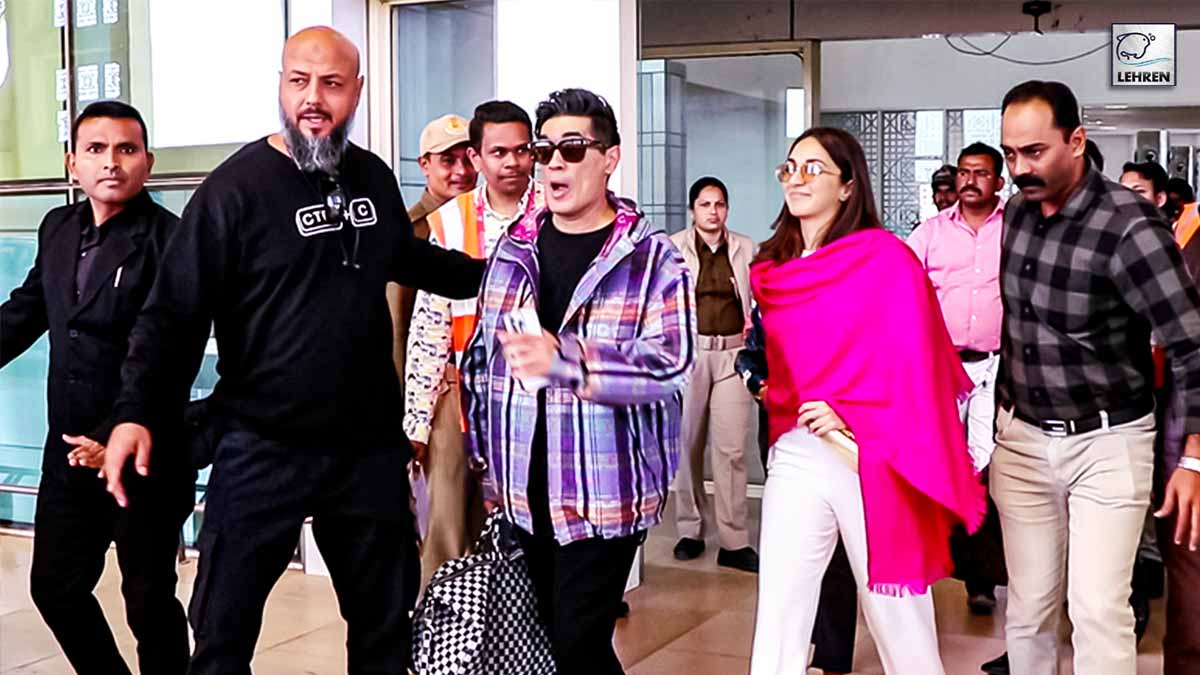In a world where laughter is often the best medicine, the art of comedy shines brightly through those who have mastered the craft. Comedy actors have the unique ability to transform everyday moments into uproarious scenes that resonate with audiences of all ages. Their knack for timing, delivery, and embodying larger-than-life characters has not only entertained millions but also earned them a revered spot in the hearts of fans worldwide.
From the silver screen to television sets, these talented individuals have paved the way for humor to be recognized as a significant form of artistic expression. Whether through hilarious movie roles, unforgettable TV series, or even comedic music, they have woven laughter into the fabric of entertainment. As we dive into the world of these iconic personalities, we'll explore how they turned comedy into an art form that continues to spark joy and laughter in our lives, solidifying their status as beloved celebrities in the realm of gossip news and entertainment news.
When it comes to comedy, certain actors have become synonymous with humor itself. Icons like Robin Williams transformed the landscape of film and television with their unparalleled energy and improvisational skills. Williams had a remarkable ability to blend humor with deep emotion, captivating audiences in roles ranging from the whimsical genius in Aladdin to the heart-wrenching father in Mrs. Doubtfire. His legacy continues to resonate, influencing countless comedians and actors in the entertainment industry.
https://blogfreely.net/tyvekgrouse2/top-10-male-celebrities-who-capture-hearts-and-headlinesAnother legendary figure in the world of comedy is Steve Carell, who carved out a niche for himself with memorable performances in both film and television. His role as Michael Scott in The Office showcased his unique brand of humor that combined awkwardness with genuine moments of kindness. Carell's transition from comedic television to lead roles in films like The 40-Year-Old Virgin exemplifies how versatile a comedic actor can be, solidifying his place in the pantheon of greats.
In the realm of stand-up comedy, Dave Chappelle stands out as one of the most influential performers of his generation. His fearless approach to tackling social issues with humor has not only entertained millions but also sparked important conversations. Chappelle's work in Chappelle's Show and his stand-up specials have set new standards for comedy, bridging the gap between entertainment and powerful commentary, ensuring his status as a master of the craft.
 https://monochrome-mint-lrtw0r.mystrikingly.com/blog/hollywood-s-finest-the-a-list-titans-of-the-silver-screen
https://monochrome-mint-lrtw0r.mystrikingly.com/blog/hollywood-s-finest-the-a-list-titans-of-the-silver-screen
The landscape of humor in film and television has undergone significant transformation since the early days of cinema and radio. In the silent film era, comedians like Charlie Chaplin and Buster Keaton relied heavily on physical comedy, utilizing slapstick techniques to evoke laughter without the benefit of spoken dialogue. Their ability to convey emotion and humor through exaggerated movements and expressions laid the groundwork for future comedic styles and set the stage for the integration of sound.
As talkies emerged, the complexities of humor expanded. The introduction of spoken dialogue brought forth a new wave of comedic talent, including figures like the Marx Brothers and W.C. Fields, who expertly blended clever wordplay with absurd situations. Television further evolved the comedic genre, with shows like "I Love Lucy" showcasing the magic of situational comedy. Here, humor was intricately woven into everyday circumstances, allowing viewers to relate to the characters while enjoying their antics, leading to a more personalized form of entertainment.
In recent decades, the rise of sitcoms and sketch comedies, such as "Saturday Night Live" and "The Office," has revolutionized how humor is crafted and consumed. The exploration of satire, irony, and social commentary has allowed comedy actors to tackle serious themes while still providing laughter. Today, humor is not only a form of entertainment but also an art that reflects cultural shifts and societal norms, with actors pushing boundaries and redefining what it means to be funny in the modern era.
Creating memorable comedy requires more than just quick wit and a knack for timing. It involves a deep understanding of human behavior and emotions. Comedy actors often study their characters meticulously, unraveling the quirks that make them relatable and funny. This process is crucial for delivering lines in a way that resonates with the audience, transforming simple jokes into profound moments of laughter.
Collaboration plays a vital role in the comedy world. Many actors work closely with writers, directors, and fellow performers to refine their craft. They may engage in improvisation sessions, brainstorming sessions, and rehearsals to ensure that each joke hits its mark. This team effort often leads to the best comedic moments being born out of spontaneity and shared creativity, showcasing how impressive comedic art really is.
In addition to collaboration, the use of various techniques enhances the art of comedy. From physical comedy and slapstick to clever wordplay and satire, these tools help actors convey humor in diverse ways. They also need to be adaptable, adjusting their performances based on audience reactions. This ability to read the room and pivot accordingly is part of what elevates comedy from simple entertainment to a true art form.